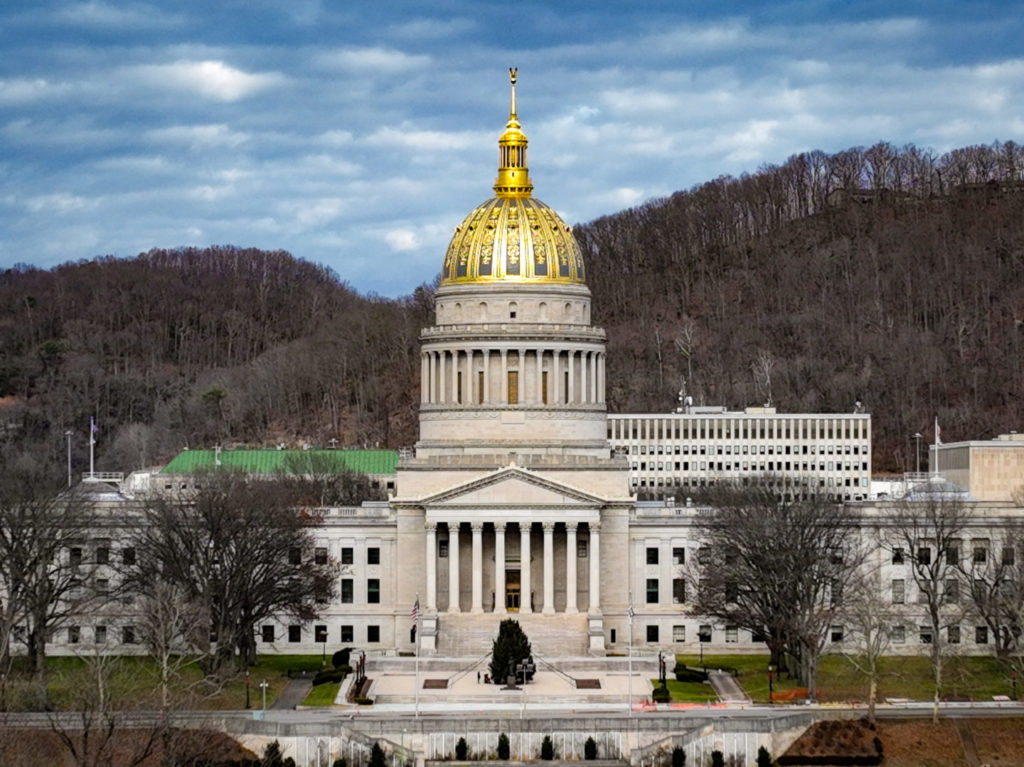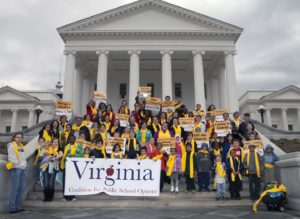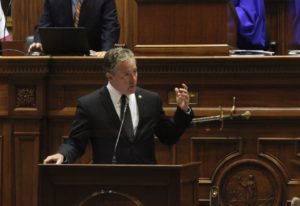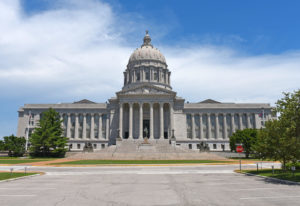As school choice advances elsewhere, progress is slow in Virginia House
(The Center Square) – The Senate Committee on Education and Health voted to “pass by indefinitely” on three school choice bills by Republican lawmakers Thursday – a signal other school choice…

(The Center Square) – The Senate Committee on Education and Health voted to “pass by indefinitely” on three school choice bills by Republican lawmakers Thursday – a signal other school choice bills in the Virginia House of Delegates could face obstacles moving forward.
One of the measures defeated Thursday sought to create a “Parental Choice Education Savings Account,” which parents could apply for and use toward certain expenses, including private school tuition.
Two other similar measures would have allowed parents to apply for an “Education Savings Account,” and use the funds to educate their child outside of public school.
The defeat of the bills followed a hearing in a Public Education Subcommittee, where lawmakers recommended the full committee reject the bills. During the subcommittee, individuals in support of the Education Savings Accounts argued parents should have more choices to ensure their children’s educational needs are met, while opponents of the bills argued the accounts would strip money from public education.
Juli Briskman, a member of the Virginia Association of Counties Board of Directors, called one of the education saving account bills authored by Sen. Amanda Chase, R-Chesterfield, a “blatant attempt to defund public schools and undermine public education.” Several others speaking in opposition expressed similar sentiments, arguing the bill would divert funds from public schools.
A version of education saving accounts are in place in just eight states nationwide. Arizona, Florida, Indiana, Mississippi, New Hampshire, North Carolina, Tennessee and West Virginia have different versions of “education scholarship accounts” and “education student accounts.”
Republicans in the General Assembly brought forth measures during the 2022 session attempting to establish education savings accounts in Virginia, but the bills did not advance. Gov. Glenn Youngkin has expressed support for “parental choice” in education, saying during his State of the Commonwealth address this month, the state must “protect [parent’s] fundamental right to make decisions concerning the upbringing, education and care of their children.”
Democratic lawmakers, however, have voiced concern about how education savings accounts would impact public schools. Lawmakers have noted the state has not fully funded public education since the Great Recession.
The defeat of the education saving accounts measures in the Senate Thursday, signals similar bills moving through the Virginia House of Delegates could face future obstacles. A Republican-backed bill in the House seeking to establish an “Education Savings Account” program that is very similar to the bills defeated in the Senate, is still awaiting a hearing in an education subcommittee.
Another House bill, HB 1508, seeks to create “Education Success Accounts,” which could be used by parents of a “qualified student” to pay for tuition at a private school, tutoring and Associated Placement test fees, among other expenses. The bill sparked debate before ultimately passing the House of Delegates K-12 Subcommittee last week, and has since passed the House Education Committee. It is currently awaiting a hearing in an appropriations subcommittee.
The bill’s author, Del. Glenn Davis, told The Center Square he thinks his bill has a shot of getting through the Senate. He noted the other bills in the Senate were not “companion” measures to his bill, adding there has been “significant grassroots outreach” on his bill, particularly among minority communities across the state.
He said his bill has seen “tremendous grassroots support from the African American community,” and said he expects supporters to show up and testify if the bill passes the House and is heard in the Senate.



